Filters
Found 120 Results
-
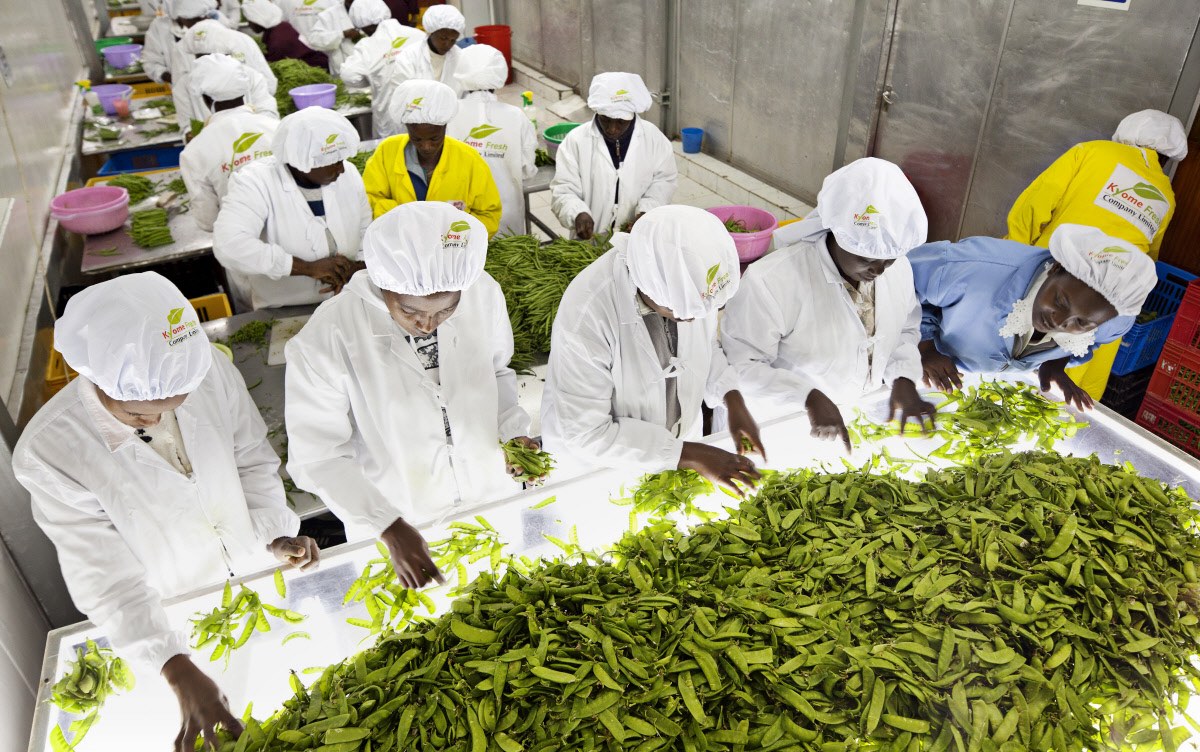
Food Industries for People and Planet (FIPP)
FIPP expands traditional ways of thinking about the global food system and provides evidence-based policy assessments aimed at making agri-food industries and food systems more inclusive, efficient, and conducive.
-
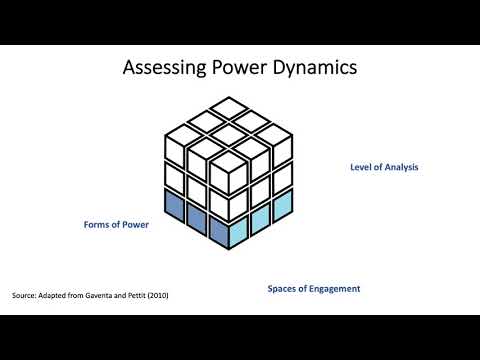
Food Security Policy, Research, Capacity, and Influence (PRCI)
Undertaking institutional capacity training exercises on inclusive agricultural transformation, healthy diets, and resilience.
-
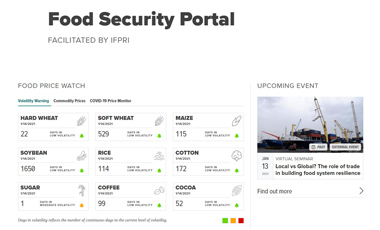
Food Security Portal
Volatile food prices, climate-change-driven shocks, conflict, economic downturns, and high population growth continue to raise serious concerns about food security and nutrition in many parts of the world. The Food Security Portal, facilitated by IFPRI with support from the European Commission, provides open access to comprehensive, country-level information on food […]
-
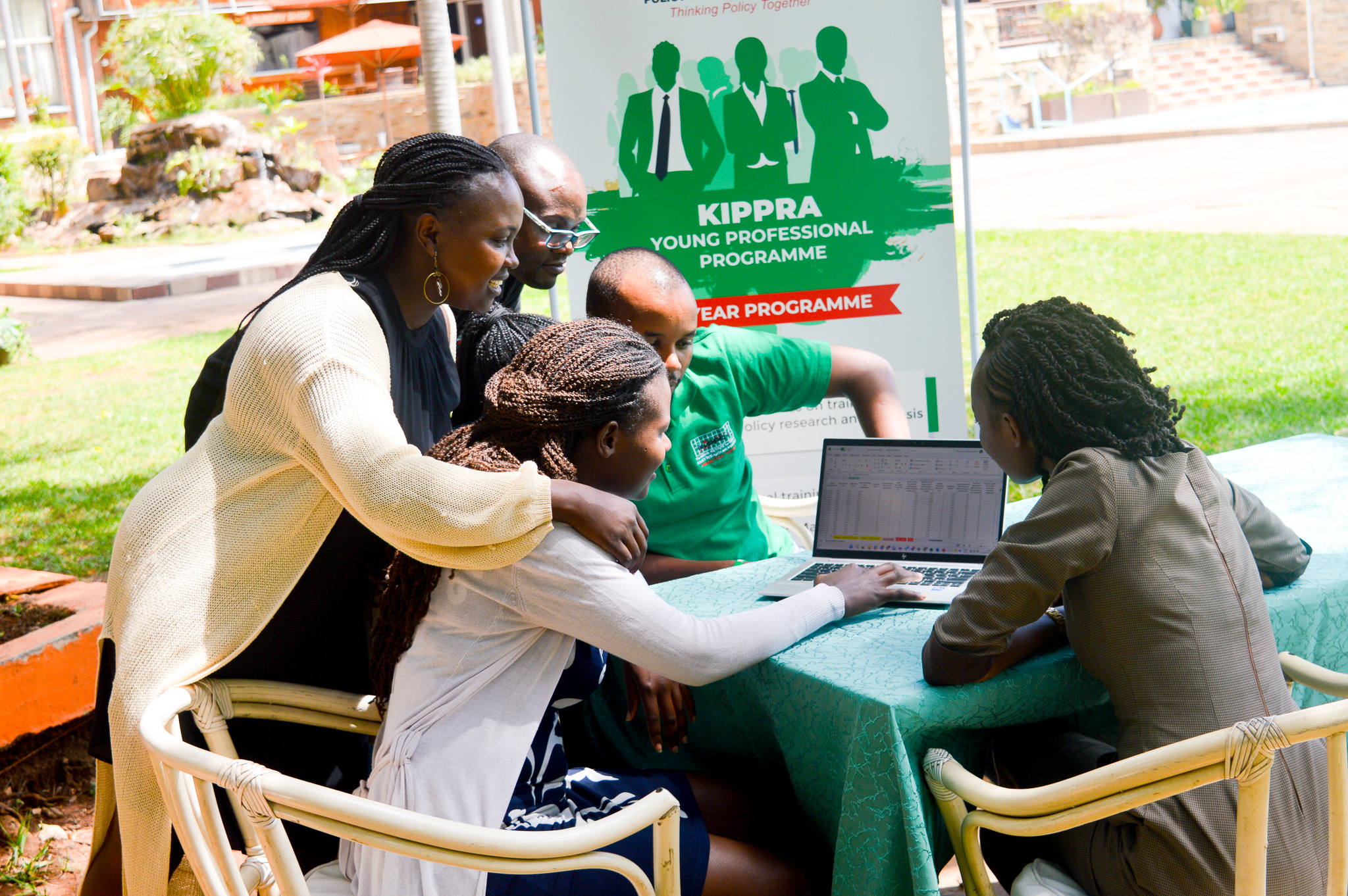
Food Security Simulator (FSS)
The Food Security Simulator is an innovative, easy-to-use MS-Excel-based tool for assessing the potential short-term impacts of food price or household income shocks on food security and people’s diets. The Simulator is an ideal tool for first-cut forward-looking evaluations of direct, household-level outcomes of economic crises and policy responses in […]
-
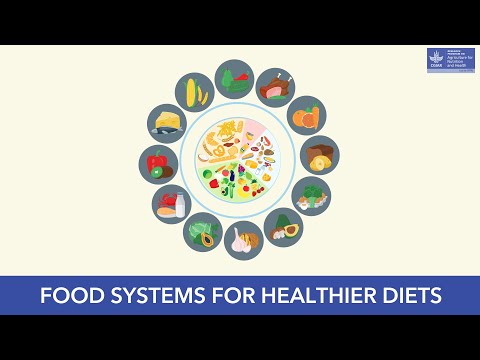
Food Systems for Healthier Diets
CGIAR Research Program on Agriculture for Nutrition and Health‘s (A4NH) flagship program focuses on food systems through the agri-food value chains impact pathway and the associated policy enabling required to accelerate food system innovation, scaling, and anchoring. A food system is the full set of processes, activities, infrastructure, and environment […]
-

Foresight Modeling with IFPRI’s IMPACT Model
International Model for Policy Analysis of Agricultural Commodities and Trade (IMPACT) is a network of linked economic, water, and crop models.
-
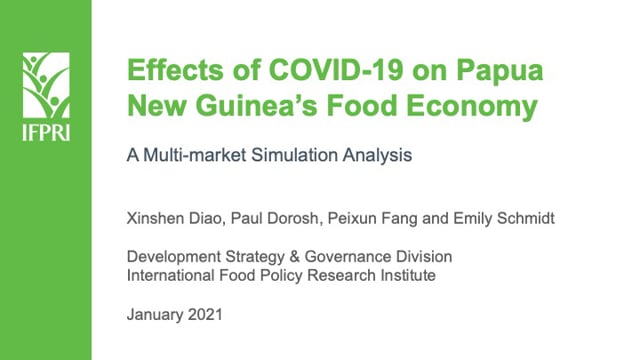
Fresh Food Price Analysis in Papua New Guinea
Teaming with local partners on price data across 5 markets, IFPRI produced a food security monitoring tool to explore and compare prices of different food items in Papua New Guinea.
-
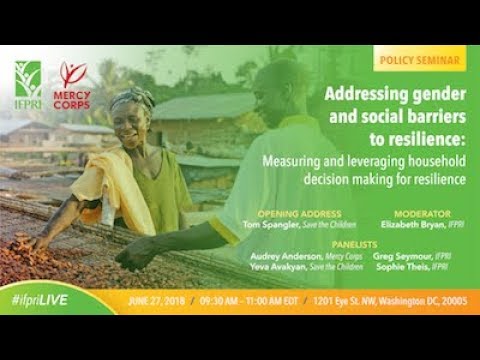
GCAN: Gender, Climate Change And Nutrition Integration Initiative
Gender-Responsive and Climate-Resilient Agriculture for Nutrition
-
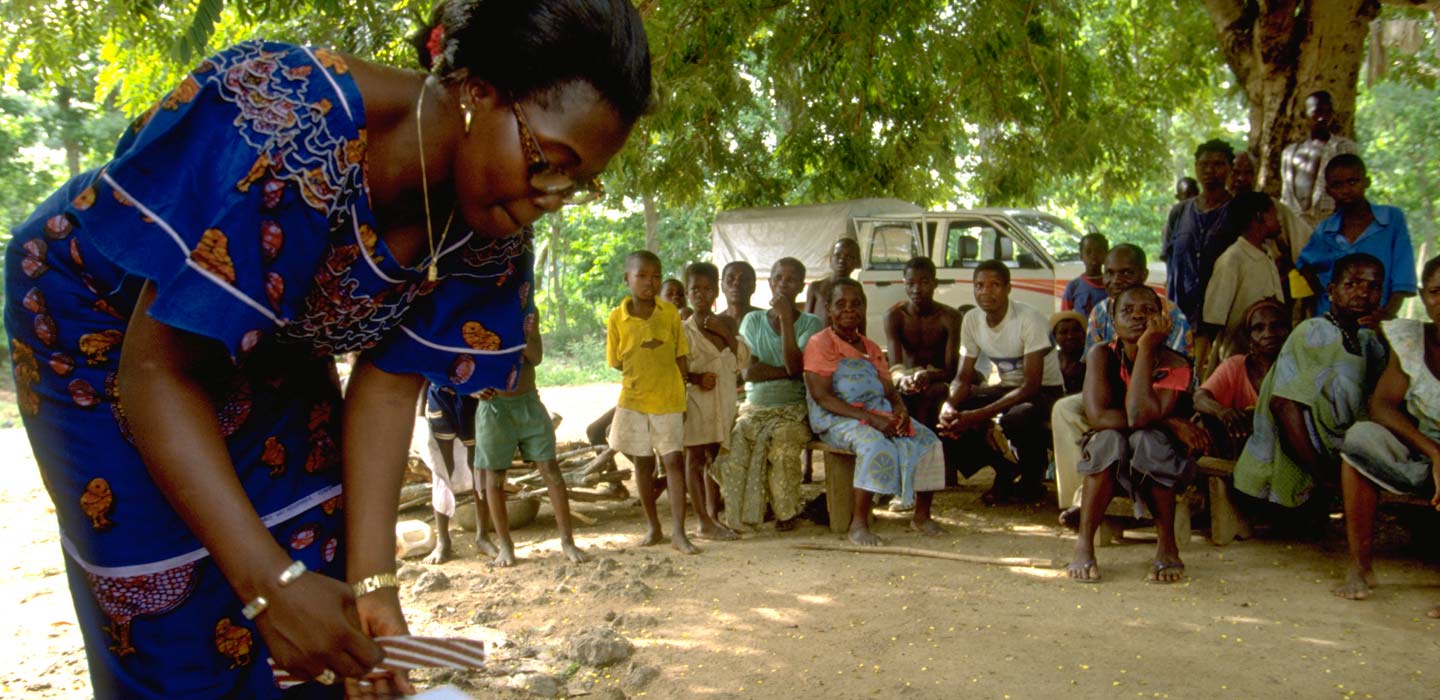
Gender-Responsive Policies for Inclusive Agri-Food Systems in Africa
Boys, girls, men, and women have various roles in global socioeconomic development. However, the norms, behaviors and responsibilities associated with being a boy, girl, man, or woman, as well as their relationships with others, are often used in discriminatory ways that lead to gender gaps in economic opportunity, education, health, […]
-
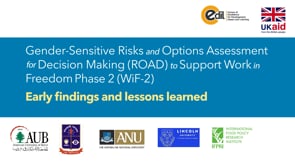
Gender-Sensitive Risks and Options Assessment for Decision Making (ROAD) to Support Work in Freedom Phase 2 (WiF-2)
Study understands how the FCDO supported ILO led program Work in Freedom Phase 2 (WiF-2) has contributed to reducing forced labor and trafficking.




